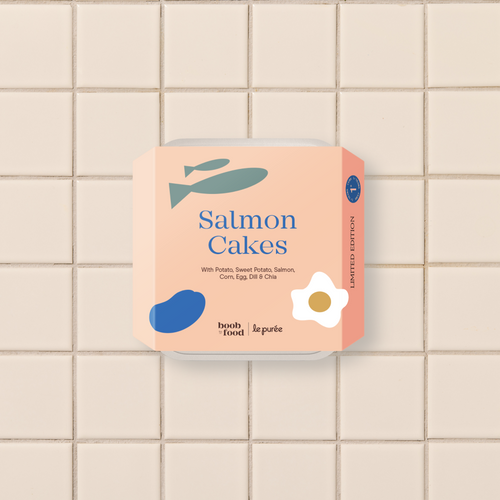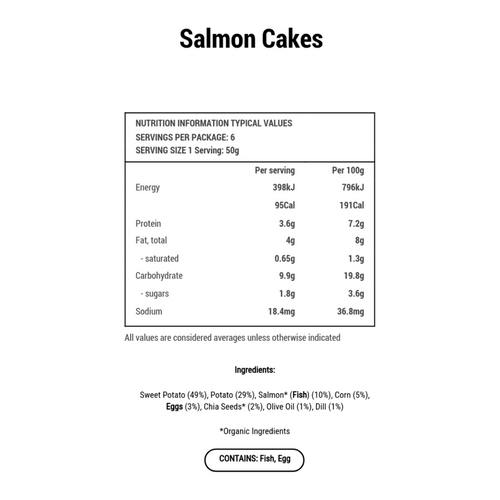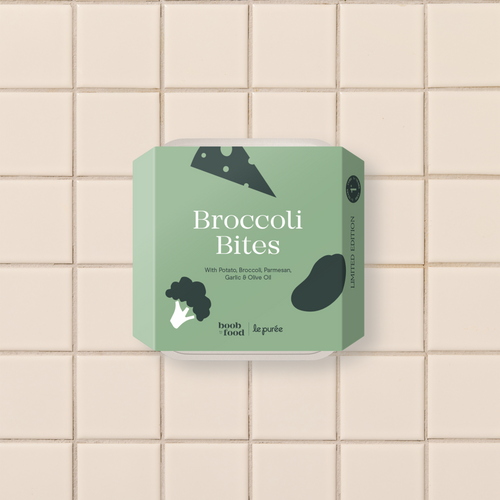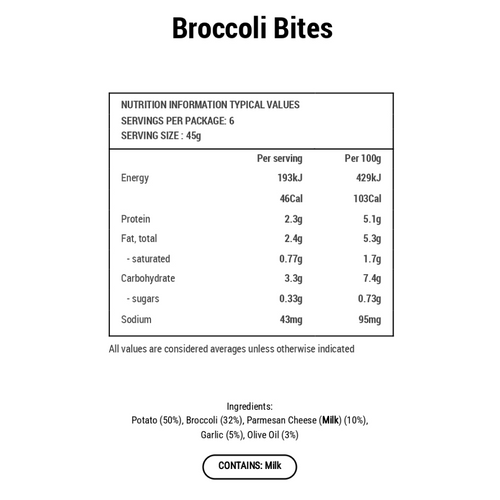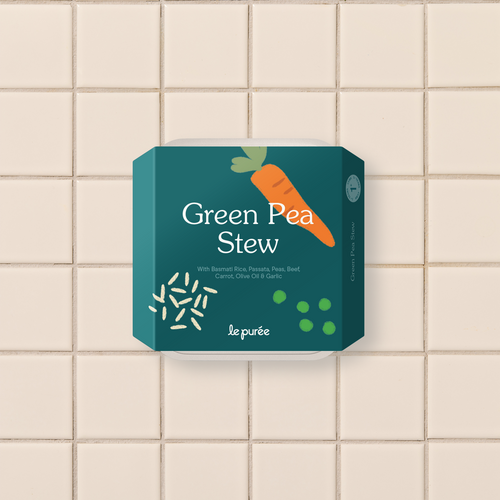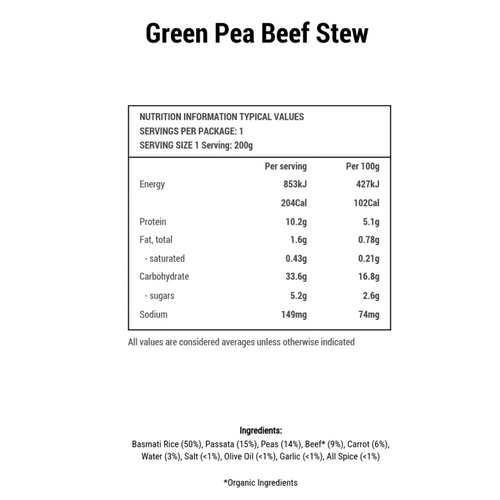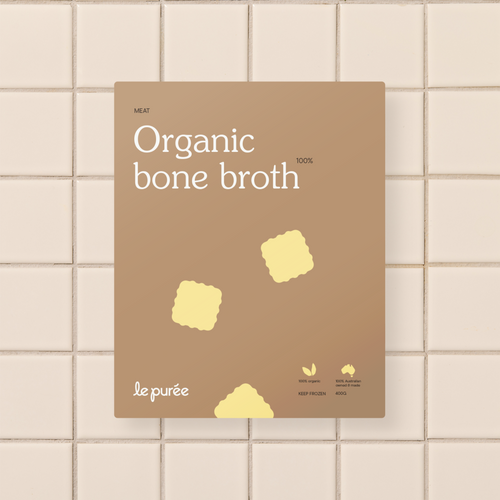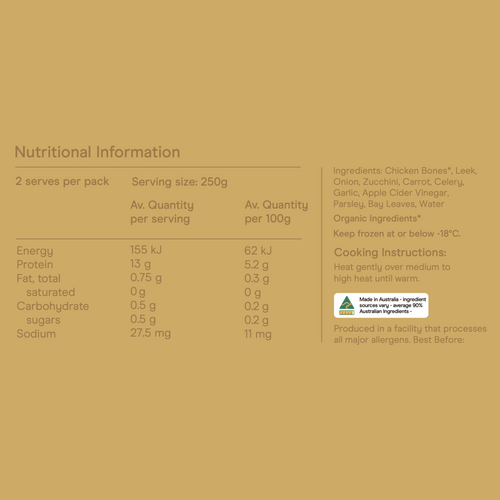By Emily Tyler
Speech and Feeding Therapist, Founder of Chomp n Chat

It feels like there is so much conflicting noise in the online space. ESPECIALLY in the world of parenting. Day after day we are exposed to seemingly contradictory advice and opinions. But there’s undeniable research and consensus around an approach to feeding that may have been circulating amongst your social feeds and content – the responsive feeding approach. Today’s post hopes to dispel the confusion around responsive feeding (like, what actually IS it and how do we know if we are doing it right?) and simplify it down so that you can start to integrate it into your family’s mealtimes right away.

What is responsive feeding?
In its simplest explanation, responsive feeding is just what it says on the tin. Responsive. It’s about tuning into your child, and family’s, unique needs, preferences and capacities and building positive mealtimes around that. It’s about creating and fortifying relationships around the dinner table that are rooted in trust, respect and enjoyment. It can be a welcomed relief for many parents who, instinctively, felt that they weren’t vibing with a particular approach or style of feeding and it wasn’t consistent with THEIR family needs. Because, as we all know, there aren’t really ‘one size fits all’ in the feeding world and we need approaches that are as adaptable and diverse as the families who use them
PICTURED: Le Puree Banana, Pumpkin, Carrot Purée
Does responsive feeding tie in more with BLW or spoon feeding?
The great thing about this approach is the flexibility of it. You can be a responsive parent across every imaginable feeding scenario – spoon feeding, boob feeding, baby led feeding, indoor, outdoor, on the ground, at the table … you name it! Adapting to the individual variations in your child’s temperament that day, the meal in front of them and the setting that you’re in is key to making this approach work for you.

How do we know if we are doing it right?
If mealtimes feel positive and your child is able to have autonomy within their meals, then it sounds like you’re right on track! Mealtimes that are rigid, stress inducing and that leave bubs feeling overwhelmed and powerless are NOT responsive. But, because we are all about making your lives as simple and stress free as possible, here are our top strategies for making your meals more responsive –
-
From your baby’s very first feed, start to tune into THEIR unique cues of hunger and fullness. Then start to amend your feeds around this – whether breast, bottle, spoon or solids – offer feeds when baby is showing hunger signs, and back off when they seem full or disinterested.
-
Start slowly and gradually. Introduce ‘newness’ slowly and patiently. This is the case for different flavours and textures. Give your baby a chance to explore at their own pace.
-
Keep mealtimes calm and positive. Minimise distractions (Wiggles, we love you, but not at the dinner table) and keep mealtimes relaxed.
-
Help baby to participate. Where possible, encourage babe to self-feed and to explore the meal however they choose.
-
Take the pressure down. Not just a bangin’ song lyric, this concept is the cornerstone of the responsive feeding approach. Research shows that pressure during meals actually leads to LESS intake. So no insisting, pleading or bargaining, let baby lead.
Are you feeling ready and empowered to make mealtimes responsive? We hope so. The benefits are numerous from more positive lifelong relationships with food, to prevention of over and/or under feeding, as well as supporting emotional and cognitive development and establishing solid emotional connection and trust between baby and caregiver.
Most importantly, the intention of Responsive Feeding is not perfection. In fact, it’s almost the opposite. Responsive feeding hopes to empower you to find the joy, trust and simplicity in mealtimes again and paves the way for a lifelong love of food and family meals.
Cheers to that x
Emily Tyler,
Speech and Feeding Therapist, Founder of Chomp n Chat





